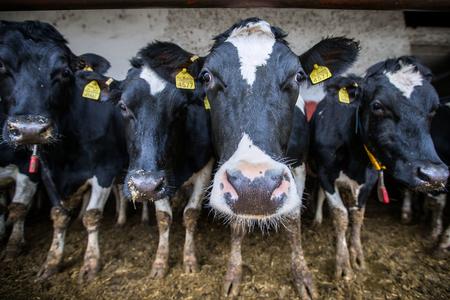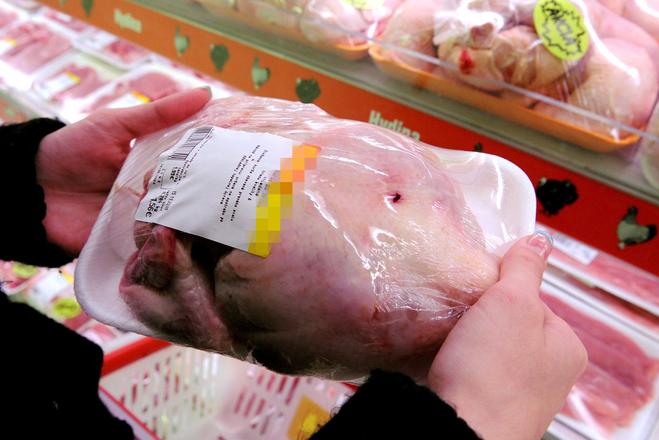It was only in February when the scandal concerning tainted Polish meat exported to EU countries, including Slovakia, was exposed. This June, Czech meat contaminated with salmonella ended up in one of the Kaufland branches in Ilava (Trenčín Region), the Hospodárske Noviny daily reported.
After the meat was delivered to the chain, Czech comptrollers discovered salmonella in it. They subsequently used the EU's Rapid Alert System for Food and Feed (RASFF) to inform the European Commission and the EU member states.
The meat sample was taken on May 29, but information about contaminated poultry meat appeared in the RASFF system only on June 11 and was updated three days later, on June 14, as a serious risk, Hospodárske Noviny wrote.

The warning was not published in the RASFF Consumers' Portal.
Too late to inform
The system works in a way that as soon as the State Veterinary and Food Administration (ŠVPS) receives the information about contaminated meat imported to Slovakia, it has to immediately inform ŠVPS regional branches and retailers.
However, no official information was issued by control authorities in Slovakia, including ŠVPS, Kaufland claimed.
“By the time they took the sample and analysed it, five days passed, and people have already eaten the fresh meat, or it has been sold out,” ŠVPS head Jozef Bíreš explained to Hospodárske Noviny.

Slow process
Since the whole procedure of notifications within the EU has several stages, it takes days before European consumers are officially informed about the respective products.
Once an EU country notifies the EC about contaminated meat, the EC assesses whether the product is actually a serious threat to consumers.
It may even take several days, Petr Majer of the State Veterinary Administration in the Czech Republic said.
In the meantime, national controllers give the floor to a retailer to inform customers about such a product and the possibility to return it. If the steps taken by the retailer are not sufficient, ŠVPS then informs people via its website.



 Illustrative stock photo (source: TASR)
Illustrative stock photo (source: TASR)